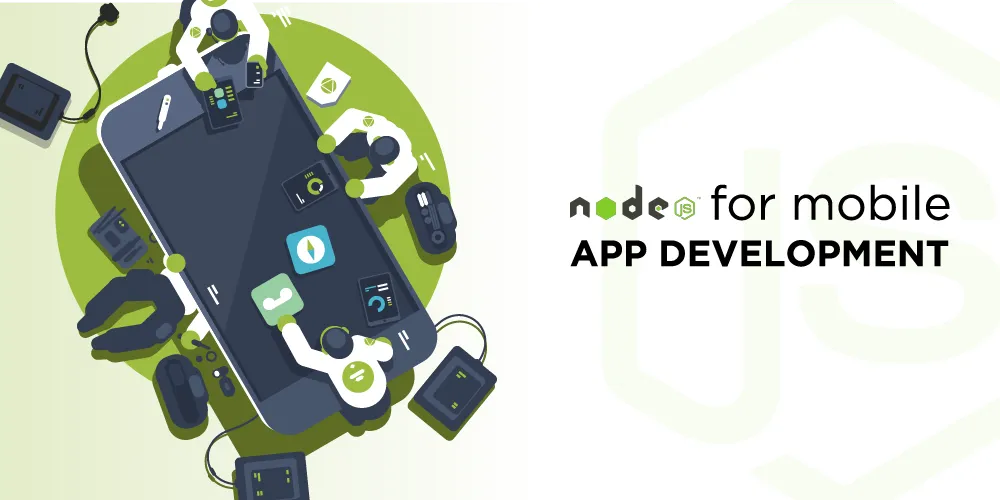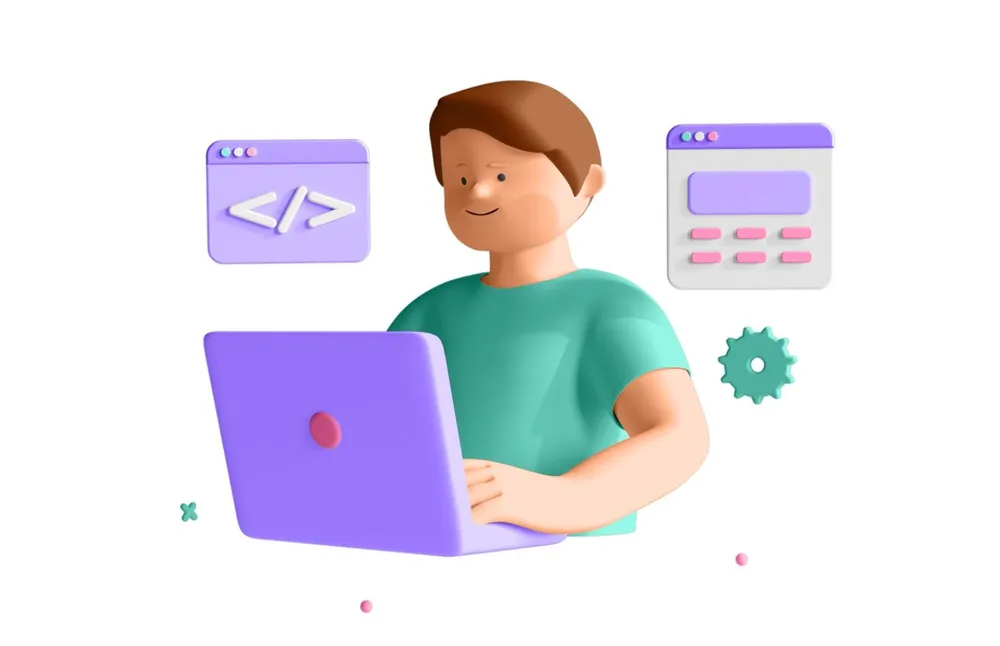What is Node.js?
- It is a free, open-source, cross-platform JavaScript runtime environment. It is a full-stack development environment that divides tasks into fully separate nodes. Node.js has a large and active community, with many open-source libraries and frameworks available that can be used to simplify and accelerate development. This makes it an attractive platform for building web applications, especially for smaller teams or those with limited resources.
- JavaScript is used to write Node. JavaScript is a popular programming language that almost every developer is familiar with. As a result, even for a novice JavaScript programmer, learning Node.js requires less effort and time.
- Nodes make this environment useful to programmers, whether you’re developing iPad, iPhone, or Android apps. Because each task is divided into independent, separate node paths, tasks can run concurrently and seamlessly without clogging the server or consuming too much capacity.
- Node.js also enables developers to share data between the server-side and client-side easily. It is a popular platform for developing fast and scalable mobile and web applications.
Node.js frameworks to use for mobile app development:
1. Ionic
One of the cross-platform app development frameworks for Node.js is Ionic. The framework mainly focuses on building hybrid mobile apps. The Ionic framework requires the developer to create apps using HTML, CSS, and JavaScript. Additionally, this framework supports SaaS and AngularJS for developers. Developers can employ this framework to add UI elements to their applications. The Ionic framework is adaptable and can be used for iOS and Android. Officially, the Ionic framework integrates with Angular, but it also offers support for the frameworks Vue.js and React.js. Ionic also provides several independent yet robust methods for creating mobile applications that outperform current HTML5 development frameworks.
2. Xamarin
Xamarin apps are native apps! The apps will operate in the manner that people anticipate, whether it’s designed in a consistent UI across platforms or creating a native user interface. To construct a mobile application, Xamarin employs C# and .NET. It is a free, open-source application development platform for creating Node.js-based Android and iOS apps. With more than 60k community members, Xamarin is a member of the .NET dynasty, which continuously improves its framework. When it comes to creating multi-platform apps, Xamarin is typically used. It allows developers to write a single piece of code once, then utilize it across other platforms. CA Mobile for mobile banking and Novarum DX (medical app) are the two popular application examples with Xamarin.
3. React Native
React Native is one of the best solutions for developing mobile Node.js apps. It is among the largest and most popular GitHub projects of all time. Therefore, even if you run into issues with the framework, they may be simply fixed. The framework enables the development of successful iOS and Android app versions using the same codebase. React components incorporate pre-existing native code and communicate with native APIs using JavaScript and the declarative UI paradigm of React. As a result, completely new teams of developers can create native apps and work more quickly. Well-known apps like Uber Eats, Discord, and even Airbnb use the React Native framework for creating and managing mobile applications.
4. Mobile Angular UI
It is employed for creating hybrid Node.js applications. Making and dividing the sections on your smartphone screen uses this open-source framework. A front-end framework called AngularJS is quickly rising in popularity. The developer community that uses it commends its capabilities and versatility. This makes it the ideal answer to the problems associated with developing mobile applications. The AngularUI team seized the chance to design a framework to aid programmers in producing outstanding mobile applications. It is designed specifically for mobile apps and allows for simple app navigation with scrolling that maintains the header and footer positions. It offers interactive UI capabilities, including switches, modals, sidebars, navbars, and overlays.
Is Node.js good for mobile apps?
- It is a server-side engine based on JavaScript that allows it to easily scale to accommodate its massive growth.
- It is a much better choice for high-performance, real-time apps and is used for everything from website to mobile app development.
- The Netflix team chose Node.js to create a fast, lightweight, and modular application. As a result, their new app’s startup time was reduced by 70%.
- Node.js developers can constantly publish and deploy new code since programs can be examined in place, and faults can be fixed without needing to restart. Additionally, an active open-source community continuously improves the technology, making it better almost on its own. It also implies that app upgrades can be completed as needed.
Did you know?
- As of January 2021, it is the 8th most popular language on GitHub, according to the number of pull requests.
- Currently, Netflix uses Node.js to manage the numerous requests it gets every day. Making it a network application that is always scalable.
- According to the 2019 Stack Overflow Developer Survey, Node.js was the third most popular technology in the “Frameworks, Libraries, and Other Technologies” category, and it has consistently ranked in the top ten in this category in previous years.
Summing it up:
Over time, the Node.js framework has significantly increased the accessibility of developing mobile applications. Node.js framework and its application have significantly helped enterprises to grow in the market. It has made it easier to develop high-performance applications with considerable user interface flexibility.










